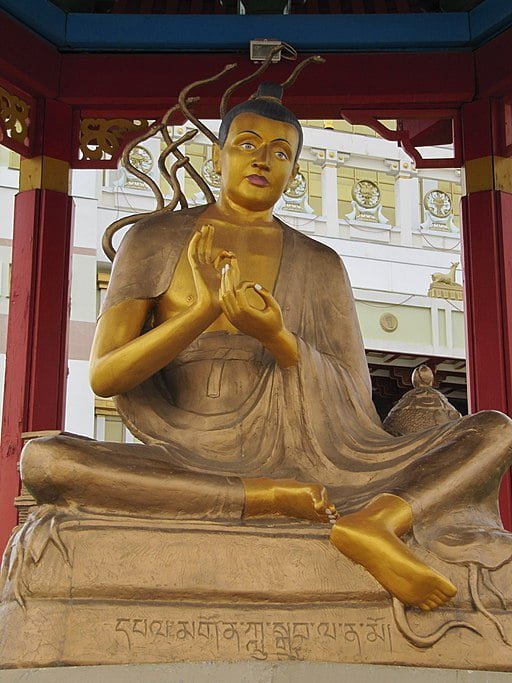Alchemy in India has been a part of the Hindu and Buddhist traditions for thousands of years. The earliest evidence of Indian alchemy can be found in the Rig Veda, which dates back to the 2nd millennium BCE. The texts in this scripture contain references to the use of mercury and sulfur in the process of transmutation.
The alchemical tradition in India reached its peak during the Gupta period (320-550 CE). It was during this period that several classical texts were written, including the Rasaratnakara, Rasendramangalam, and Rasaratna Samucchaya. These texts deal with the concepts of transmutation, purification, and elixirs, and are considered to be the most important texts on Indian alchemy.
However, during the medieval period, Indian alchemy went into decline due to the influence of Islamic and European-alchemy. The Muslim invasions of India in the 11th and 12th centuries led to the suppression of Indian-alchemy, and the introduction of Islamic alchemical practices. Later, the British colonization of India further marginalized the practice of Indian alchemy.
Some famous alchemists from India:
Nagarjuna (931–1001 CE): Nagarjuna was a Buddhist monk who is considered one of the most important figures in Indian alchemy. He is credited with writing several important alchemical texts, including the Rasaratna Samhita and the Rasaratnakara.
Kanada (fl. 6th century BCE): Kanada was a philosopher and scientist who is considered the founder of the Vaisheshika school of thought. He is also known for his work on alchemy, and he is credited with developing the concept of the five elements (earth, water, fire, air, and space).
Yogi Vemana (1535–1614): Yogi Vemana was a Telugu poet and philosopher who is known for his satirical verses on a variety of topics, including alchemy. He is credited with writing several important alchemical poems, including the Yogachudamani and the Yogasara.
Siddhars (fl. 6th–12th centuries CE): The Siddhars were a group of Tamil alchemists and yogis who are said to have achieved great mastery of the body and mind. They are credited with developing a number of important alchemical techniques, including the use of herbs, minerals, and yoga to achieve physical and spiritual transformation.
These are just a few of the many famous alchemists from India. Alchemy has a long and rich history in India, and it has made significant contributions to the development of chemistry, medicine, and philosophy.
Uncovering the Myths and Realities of Ancient Indian Alchemy
The practice of Indian-alchemy has been shrouded in myths and legends for centuries. One of the most famous legends is that of the philosopher’s stone, which was believed to have the power to transform base metals into gold. However, this legend has been debunked by modern science, which has shown that it is impossible to transmute elements in such a way.
Another myth surrounding is that of the elixir of life, which was believed to have the power to grant immortality. This myth has also been disproven by modern science, which has shown that there is no substance that can grant eternal life.
Despite these myths, it did have a practical side. Indian alchemists were skilled in the use of various materials and chemicals, and their knowledge was used in the fields of medicine, metallurgy, and agriculture. They developed methods for extracting metals from ores, and for creating alloys with specific properties. The study serves as a reminder of the rich scientific and cultural heritage of India.

